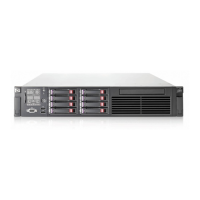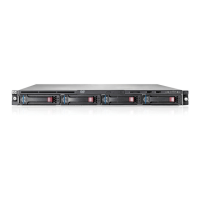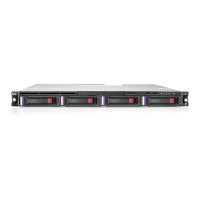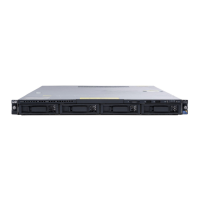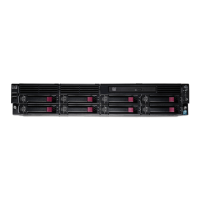save power, but may incur some performance penalty. Administrators can configure the maximum
memory data rate through the RBSU.
Managing I/O technologies
Disable PCIe 2.0
A ProLiant G6 option allows all expansion slots to run at PCIe 1.0 rather than PCIe 2.0 speed.
Enabling this option saves power and provides backward compatibility with cards that may not
correctly operate in PCIe 2.0 slots. Administrators can control expansion slot speed through the RBSU.
I/O Power Provisioning
I/O Pow
er Provisioning allows the server to cut power to embedded devices that are not in use. This
option is useful for customers who prefer their own storage controllers or NIC devices instead of
embedded HP devices. This option saves up to 10W on the embedded storage controller, and
between 2 and 6W on embedded NICs. Administrators configure I/O Power Provisioning in the
RBSU.
Power profiles
In the ProLiant 300-series G6 RBSU, the HP Power Profile defines three possible configurations of
some of the power features identified earlier in this section. The HP Power Profile provides a simple
mechanism for users to configure the power management options of their system based on their
tolerance to power versus performance without having to individually configure each option.
There are three possible settings for the HP Power Profile: Maximum Performance; Balanced Power
and Performance; and Minimum Power Usage. An additional “Custom” setting is simply any
combination of user settings that do not match the pre-sets for the three categories listed in Table 3.
Table 3. Power Profile settings
Power Saving Feature Maximum Performance Balanced Power &
Performance
Minimum Power Usage
Power Regulator
Static High Dynamic Static low
Manage QPI power
Off On On
Memory Interleave
Full interleave Full interleave Disabled
PCIe 2.0
Enabled Enabled Off
Memory Speed
Auto Auto 800 MHz
Minimum processor idle power
No C-states C6 C6
Power Performance Benchmarks
The Standard Performance Evaluation Corporation (SPEC) is a non-profit corporation formed to
establish, maintain, and endorse a standardized set of relevant benchmarks that can be applied to
the newest generation of high-performance computers.
SPECpower_ssj2008 is the first industry-standard SPEC benchmark that evaluates the power and
performance characteristics of volume server class computers. SPECpower benchmark results for the
ProLiant G5 and G6 DL380 are available from the SPEC website. The test results show performance
gains achieved over the last generation ProLiant servers.
18
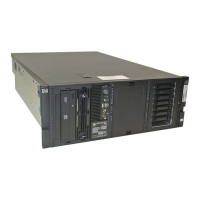
